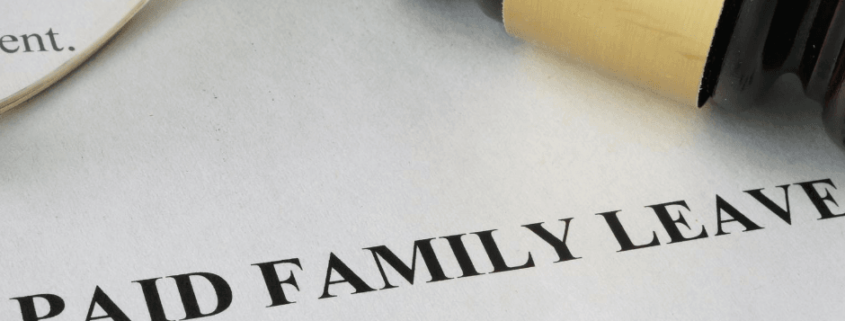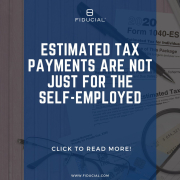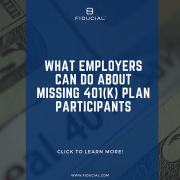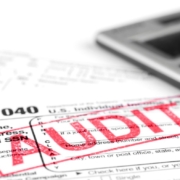Court invalidates some COVID-19 paid sick and family leave regs
- Learn how the recent court invalidation of several provisions of the DOL’s temporary regulations implementing the paid sick and family leave provisions of the FFCRA may affect you.
- Find out how the COVID-19 pandemic caused amendments to the Family Medical Leave Act.
- Learn how New York state challenged four features of the DOL’s restrictions to FFCRA paid leave.
A federal trial court recently invalidated several provisions of the U.S. Department of Labor’s (DOL’s) temporary regulations implementing the paid sick and family leave provisions of the Families First Coronavirus Response Act (FFCRA). The decision marks an important development in the implementation of the law.
Paid sick and family leave and pandemic relief
The FFCRA amends the Family and Medical Leave Act to require certain employers to provide paid emergency childcare leave. Specifically, employers must provide leave to employees unable to work or telework because of a need to care for a child because of a closure of a school or place of care, or a the unavailability of a childcare provider due to COVID-19.
The FFCRA also requires certain employers to provide 80 hours of paid sick time to full-time employees unable to work or telework for COVID-19-related reasons. Part-time employees need to be provided paid sick leave for the average number of hours worked over a two-week period.

Case at hand
In New York v. U.S. Dept. of Labor, the state of New York argued that the DOL regulations unduly restrict FFCRA paid leave and challenged four features: the “work-availability” requirement, the definition of “health care provider,” the intermittent leave provisions, and the documentation requirements. Agreeing with the state, the court invalidated:
1. The restriction that an employee may not take FFCRA paid leave if the employer doesn’t have work for the employee (for example, because the employee is furloughed),
2. The definition of “health care providers” (whom employers may elect to exclude from leave benefits), which was determined to be overly broad,
3. The requirement that an employee secure employer consent for intermittent leave, and
4. The requirement that the employee provides documentation to the employer. Indicating, for instance, the reason for and duration of the leave) before the leave begins.
The remainder of the regulations, including the ban on intermittent leave for certain qualifying reasons and the substance of the documentation requirements, aren’t affected by the ruling.
Uncertainty remains
The court’s ruling in New York creates uncertainty for employers seeking to comply with FFCRA’s paid leave requirements. Among other things, it’s not clear whether the decision will be applied nationwide or retroactively. As of this writing, employers must take a wait-and-see approach. They must wait to see whether the DOL appeals and requests a temporary injunction and/or drafts new regulations. Fiducial can provide further information on the decision and keep you updated on further developments.
Call Fiducial at 1-866-FIDUCIAL or make an appointment at one of our office locations. Ready to book an appointment now? Click here. Know someone who might need our services? We love referrals!
For more small business COVID-19 resources, visit Fiducial’s Coronavirus Update Center to find information on SBA loans, tax updates, the Paycheck Protection Program, paid sick and family leave, and more.









